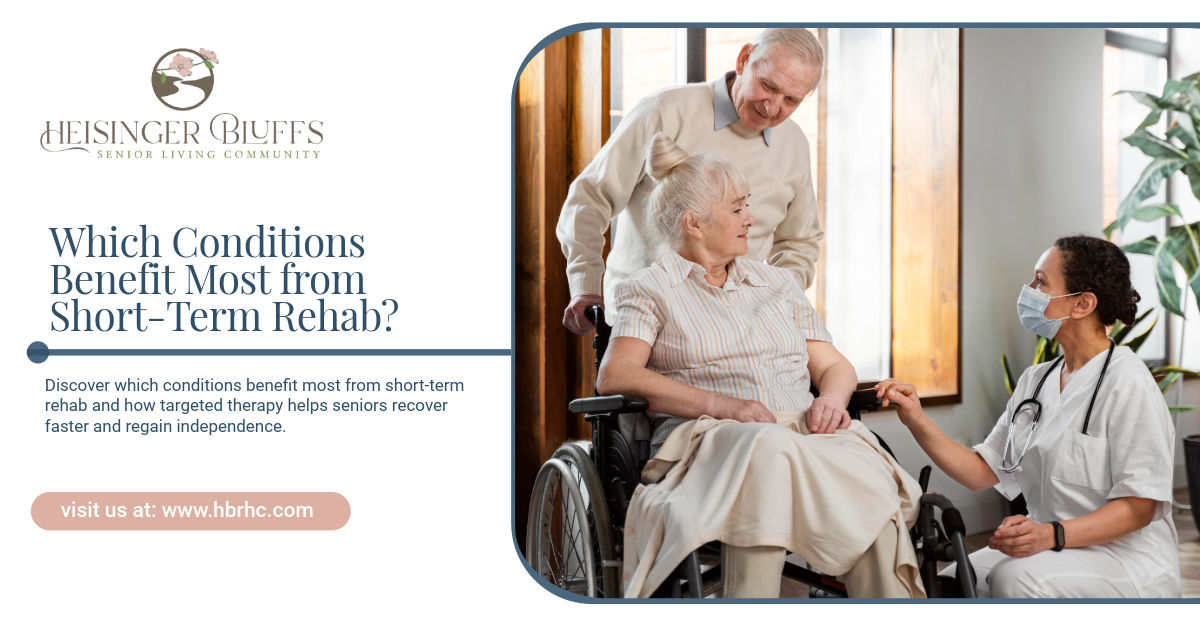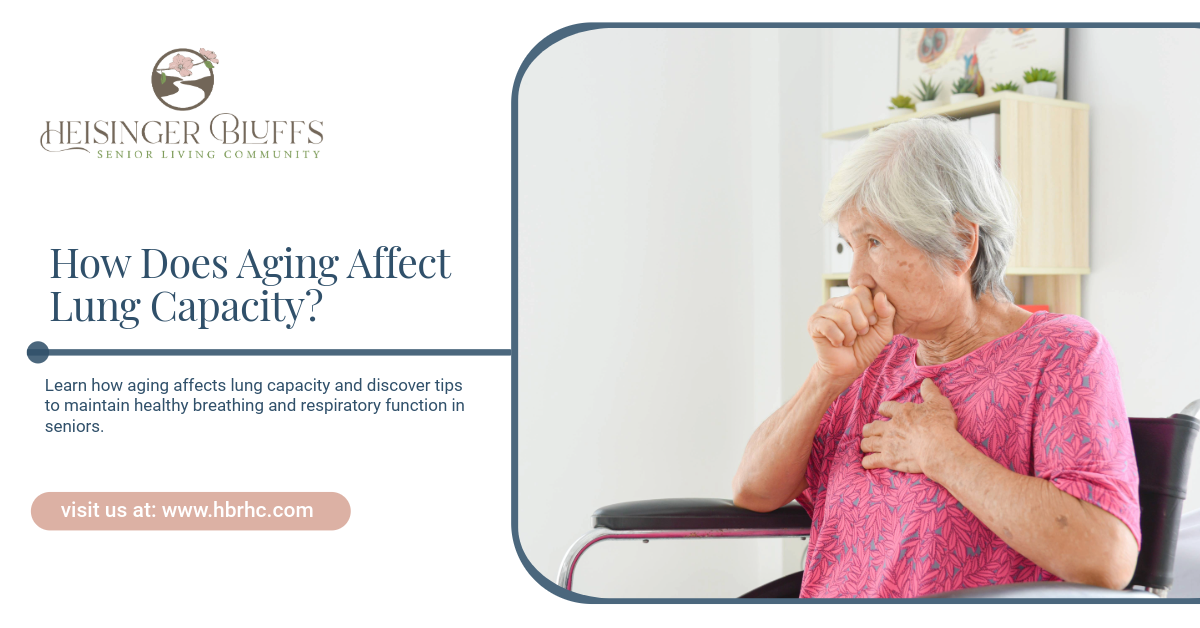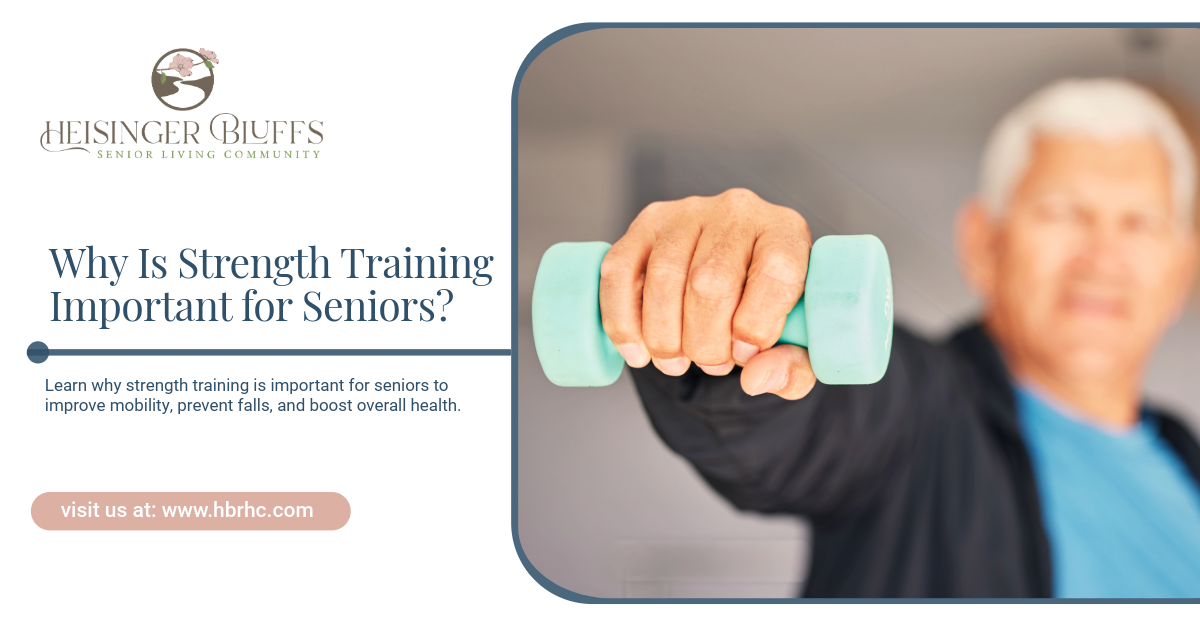Which Conditions Benefit Most from Short-Term Rehab?

Short-term rehabilitation is designed to help seniors recover quickly after illness, surgery, or injury. Certain conditions respond exceptionally well to focused rehab programs:
- Post-Surgical Recovery: Hip or knee replacements, joint surgeries, and cardiac procedures benefit from physical therapy to restore strength, mobility, and function.
- Stroke Rehabilitation: Therapies, including physical, occupational, and speech therapy, help regain motor skills, coordination, and communication abilities.
- Fractures and Falls: Recovery from broken bones or fall-related injuries is supported through balance training, strength exercises, and mobility support.
- Chronic Illness Flare-Ups: Exacerbations of conditions like COPD or heart disease often require short-term rehab to regain stamina and independence.
- Neurological Conditions: Conditions such as Parkinson’s disease or multiple sclerosis can benefit from targeted therapy to improve coordination, strength, and quality of life.
Short-term rehab helps seniors regain independence, improve function, and prevent future complications.
At Heisinger Bluffs, our short-term rehab programs are tailored to meet individual needs, helping seniors recover safely and effectively.
Frequently Asked Questions
How long does short-term rehab usually last?
Typically 2–6 weeks, depending on the condition and recovery goals.
Is short-term rehab covered by insurance?
Many insurance plans, including Medicare, may cover short-term rehab if medically necessary.
Can seniors with multiple conditions benefit from rehab?
Yes, programs are customized to address multiple health concerns safely and effectively.
Sources:
- https://www.who.int/news-room/fact-sheets/detail/rehabilitation
- https://www.medicare.gov/coverage/inpatient-rehabilitation-care











